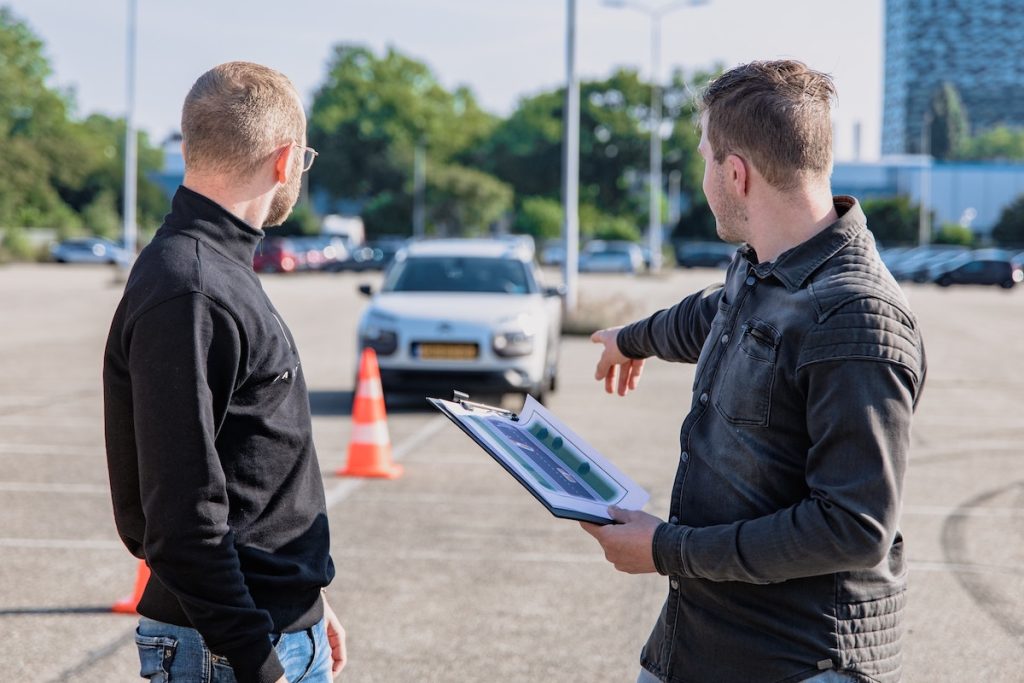Congratulations! Buying a car in college opens up a world of possibilities, providing freedom and convenience. Overlooking safety guidelines is easy when the excitement of having your own wheels takes over. However, amidst the excitement, it’s important to prioritize safety.
Knowing and following essential safety information is vital for your well-being and the safety of others. Therefore, we’re here with a list of safety guidelines you must know as a college student with a car.
So, buckle up, and let’s dive into the essential information to help you make the most of your car while protecting yourself and others.
1. Carry Valid Documentation
Valid documentation is the basis of any vehicle you own. This includes your driver’s license, auto insurance policy, and car registration. These documents serve as proof of your legal right to drive and ensure that you are prepared for any situation that may arise on the road.
In addition, it’s important to register your vehicle with campus security. This way, you can share important information about your car with them, making it easier to identify and locate in case of an emergency or theft.
Moreover, consider creating a small booklet or folder that holds all the necessary paperwork to keep everything organized. This way, you can easily access your documentation whenever required, ensuring a smooth and hassle-free driving experience.
2. Compensation Rights
Driving a vehicle means there is always a slight possibility of getting into an accident. Even when you follow all the rules, somebody else’s negligence may lead to an accident, leaving you injured or with property loss.
It means you will have to spend money to get medical aid and run the repairs on your vehicle. However, you must know you can claim compensation for your losses when you are injured due to another person’s mistake.
In such situations, consulting with experienced car accident lawyers can help you understand your rights and pursue rightful compensation. A knowledgeable attorney will assist you in claiming financial compensation for both monetary and non-monetary losses. These include medical expenses, property damage, pain & suffering, and lost wages.
3. Always Follow the Driving Rules
Driving rules exist to ensure the safety of people on the road, be they drivers, passengers, or pedestrians. It is essential to adhere to traffic laws and regulations, including obeying traffic signs, signals, and right-of-way rules. Next, avoid distracted driving by avoiding activities like texting, eating, or using electronic devices while driving. Always prioritize your full attention on the road.
Additionally, ensure the use of seatbelts at all times for yourself and all passengers. Seatbelts significantly reduce the risk of severe injuries in case of an accident. Moreover, you must never underestimate the dangers of drinking and driving—always choose a designated driver or alternative transportation if you’ve consumed alcohol.
4. Emergency Preparedness
Being prepared for unexpected situations can help ensure your safety and minimize the impact of emergencies. In addition to knowing important phone numbers and keeping emergency supplies, having a basic understanding of car mechanics is also beneficial.
It can be immensely helpful during emergencies, such as a breakdown or a flat tire. You should familiarize yourself with tasks like changing a flat tire, jump-starting a vehicle, and checking fluid levels. It will help you to take immediate action and potentially resolve minor issues on your own.
Consider learning from resources like online tutorials or enrolling in a basic car maintenance course. Additionally, keep a spare tire, jack, and tire iron in your car for emergencies. Finally, and as mentioned earlier, knowing a reputable law firm with whom you can file a vehicle accident claim with is also important should any incident occur. Equipping yourself with this knowledge and necessary tools helps you handle unforeseen situations more confidently and effectively when they arise.
5. Safety in Public Parking Areas
When parking in public spaces, choose well-lit areas that provide good visibility. Opt for parking spots in populated and visible locations to reduce the risk of theft or vandalism. Always lock your vehicle and close the windows, even if you’ll only be away for a short time. Avoid leaving valuables in the car, as they can attract unwanted attention. Moreover, it is suggested to always keep the valuables out of sight even when they are in the vehicle.
According to surveys conducted by different organizations, most attacks happen when they are returning to their vehicle. So, be very cautious of your surroundings and always trust your instincts. If you feel something is wrong, check the surroundings and call for help if required.
Bottom Line
Drive smart, drive safe! As a college student with a car, prioritizing safety is key. From carrying valid documentation to following driving rules and being prepared for emergencies, these essential safety guidelines ensure your well-being on the road. So, buckle up, stay alert, and remember, safety is always in style. Enjoy the freedom of your car while keeping yourself and others protected. Safe travels!





